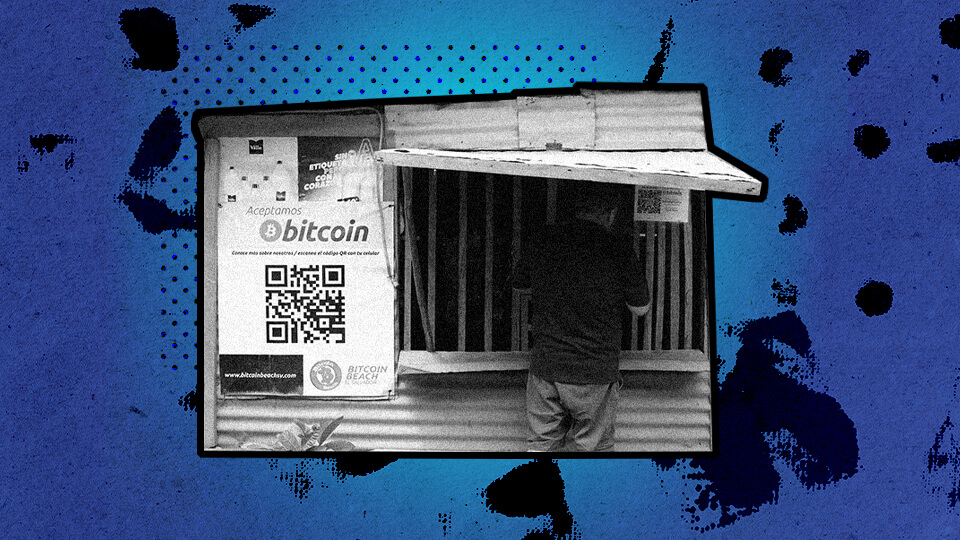
- The first volcanic generated Bitcoin was mined in El Salvador.
- Bitcoin was declared legal tender in El Salvador on September 7th
- More countries, including Brazil, are looking to adopt Bitcoin as legal tender.
Bitcoin’s role in the greater financial model is still unknown, with nation-states either embracing it or outlawing it entirely. As a financial instrument, Bitcoin hasn’t proven capable of fulfilling currency functions because of its volatility risk factor. Nevertheless, with institutional and retail interest increasing, El Salvador adopted Bitcoin as a legal tender in the country, despite volatility spikes, as of September 7th, 2021.
No Bitcoin Honeymoon
Nayib Bukele, El Salvador’s president, introduced the initial “Bitcoin Law” bill in June 2021, which passed on September 7th, making El Salvador the first country in the world to make Bitcoin a legal tender, while countries such as China have declared it illegal, promoting their own secluded agenda.
Sponsored
The decision to accept Bitcoin was seen more as a publicity stunt more than an economic incentive. Steve H. Hanke, director at Troubled Currencies Project, criticized the idea of introducing an “untested idea” into an already functioning monetary system. Bitcoin is a “forced tender;” the decision to exercise an unusual financial model has proven beneficial to a certain extent.
Following crypto market price drops, Nayib Bukele announced that the country “bought the dip.” El Salvador purchased $6.4 billion worth of Bitcoin, 150 BTC, increasing their holdings to 700. As the market rallied to $54,000 the country netted a $1.5 billion USD profit.
With the release of the Chivo Wallet app, El Salvador residents were able to claim $30 worth of BTC as an airdrop. With Bitcoin prices rising, each resident who held BTC also saw 10% profit. However, the purpose of the airdrop was to incentivize citizens to make BTC payments made possible under the new law.
On The Flipside
- Bitcoin has transformed from a unit of change in 2014 into a store of value and a hedge against inflation as its value increased.
- Bitcoin has fallen by more than 50% in value so far in 2021 from its previous all-time high of $64,000.
- Users that are paid in Bitcoin are more likely to store it than exchange it into USD.
The Achievements
Accepting Bitcoin as legal tender has its upsides, aside from establishing El Salvador as an early crypto adopter. Despite the disparities between tech development and the country’s status, El Salvador is embracing crypto. Over 3 million users have currently downloaded the Chivo wallet, which is half the country’s population.
Sponsored
Additionally, Nayib Bukele highlighted that Salvadorans “are inserting more cash” than they are withdrawing. With El Salvador relying on remittance networks, Bitcoin has decreased transaction fees. Over 9% of all remittance transactions are now done in bitcoin. Bukele notes that over $2 million are being sent daily as more and more people start to rely on digital wallets over regular banks.
Geothermal energy is an infinite and ecological resource, which Bukele secured in order to promote greener Bitcoin mining alternatives. With discussions emerging about a new crypto mining hub in El Salvador, Bukele announced that the first geothermal, volcanic-powered bitcoin had been mined, amounting to 0.00599179 BTC. With more stress testing underway, Bitcoin volcanic bitcoins could become an achievable promise.
Behind the Bitcoin Curtain
Bitcoin’s mass release was not without reverberations. Users reported to Reuters that they lost up to $220 when trying to withdraw cash from the Chivo wallet. Moreover, the USD still holds more weight in the economy, meaning that Bitcoin has a 10% exchange rate charge, reframing Bitcoin as a store of value.
What’s more worrying is Bitcoin’s stability, which makes spending BTC less likely, creating new precedents for price speculation. Bloomberg reports that Chivo’s ease of use has turned everyday individuals into day-traders, following the footsteps of their president, who is “buying the dip.”
Bitcoin’s volatility challenges financial stability in the emerging economy, with reports suggesting that citizens resent Bitcoin usage. What’s more, the ease with which economic transactions can be conducted increases the use of Bitcoin for illegal activities, while individuals continue to rely on the U.S. dollar for everyday payments.
Why You Should Care?
Many consider Bitcoin’s implementation to be a test pilot of sorts, and a lot of attention is being paid towards the financial outcome of the Bitcoin Law. Unfortunately, there is no concrete evidence that Bitcoin will help El Salvador economically or socially. Still, it will serve to show the world to what extent Bitcoin can be used as a unit of exchange.
